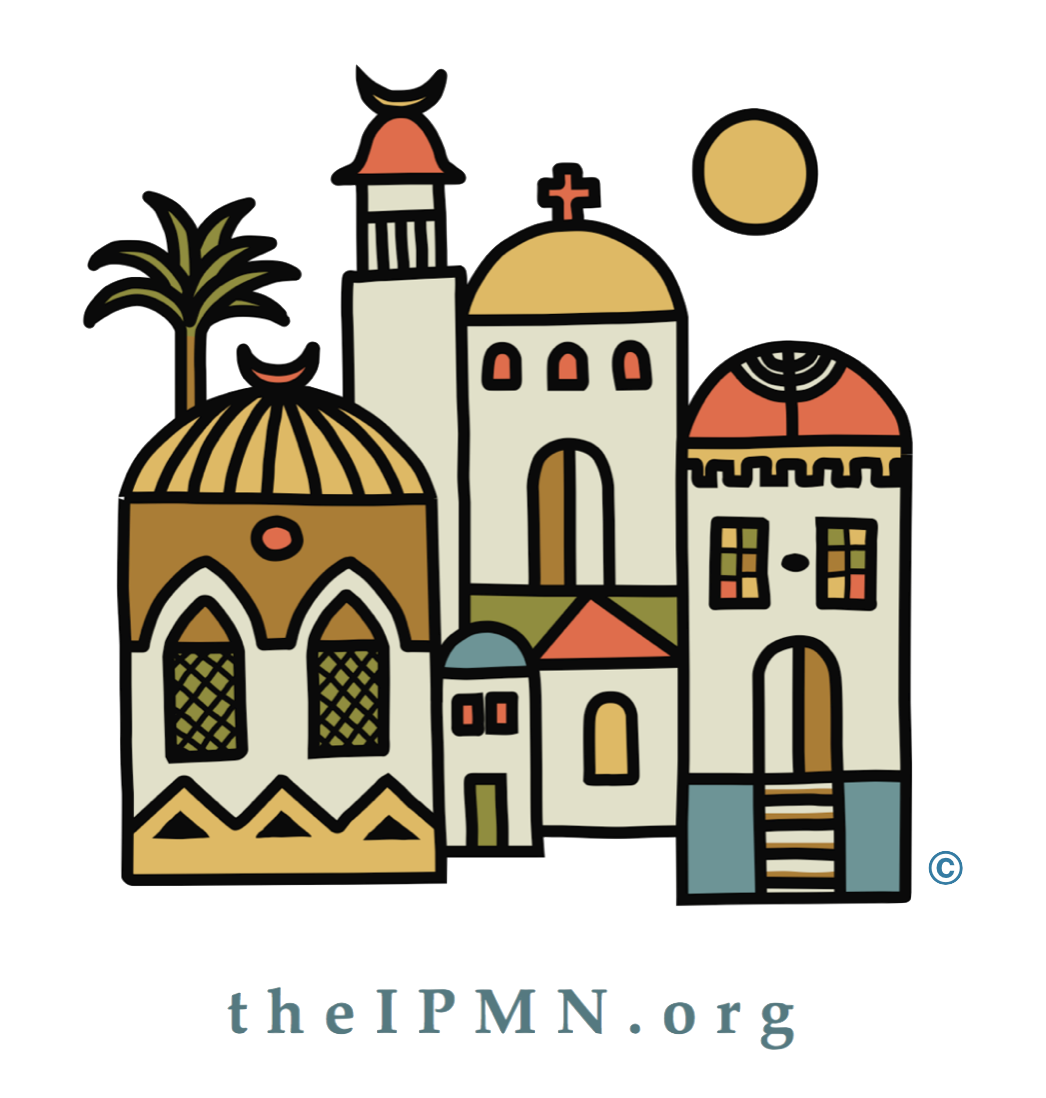Presbyterians Call Out Israeli Apartheid
On Friday July 8, after a 12 year process, the Presbyterian Church (USA) voted to identify the actions and policies of the Israeli government as meeting the definition of the crime of apartheid. The Israel/Palestine Mission Network of the Presbyterian Church (USA) expresses its gratitude to our fellow Presbyterians for speaking truth to power, one of the highest callings of the church. There can be no hope until truth is told.
We support equal rights for all Palestinians through equal access to water, land, freedom of movement, marriage, education, cultural expression, building of homes, and access to healthcare. We are grateful that our denomination now joins the Israeli human rights organization B’tselem in calling out Israeli apartheid. We also join Human Rights Watch, Amnesty International, several Jewish organizations, universities, governments, the United Nations, and other churches in declaring that Israel practices apartheid rule over the Palestinian people.
Exceptionalism and domination of one ethnicity, religion, or people over another, often occurring through violence and institutional racism, is always wrong. In the 1950s and 60s Presbyterian voices spoke up against Jim Crow laws and about the sin of racial oppression, helping to change the course of history. We confess, then and now, our own denomination’s role in racially-based ethnic cleansing of native peoples through settler colonialism on our continent.
In 1998, The Rome Statute of the International Criminal Court defined the crime of apartheid as "inhuman acts committed for the purpose of establishing and maintaining domination by one racial group of persons over any other racial group of persons and systematically oppressing them." Richard Falk, former UN Special Rapporteur for the region said,
There is today in the Palestinian territory occupied by Israel since 1967 a deeply discriminatory dual legal system and political system that privileges the 700,000 Israeli Jewish settlers living in 300 illegal Israeli settlements in East Jerusalem and the West Bank.
Israel's Nation State Law of 2018 codifies into law a privileged status for Israel's Jewish citizens and discriminates against any non-Jewish persons. To maintain domination, 65 Israeli laws promote separation and segregation through a legal regime that offers specific rights and privileges to one group at the expense of the other, based on religion.
Since the end of WWII and the horrors of the Holocaust, there has been an implicit interfaith understanding now known as “the ecumenical deal.” A phrase coined by Jewish theologian Marc Ellis in the early 90s, he referred to the “ecumenical dialogue” of liberal Christians and Jews turning into “what one might call the ecumenical deal: eternal repentance for Christian anti-Jewishness, unencumbered by any substantive criticism of Israel.” In other words, going forward, liberal Christians agreed never to criticize Israel in repentance for centuries of Christian antisemitism, which we have always condemned unequivocally.
Creating a vast bloc in the years since, conservative Christians too have embraced impunity for Israel through Christian Zionism, a messianic theology that requires Israel to control all the land “between the River [Jordan] and the Sea” in order for the Messiah to return. Ironically, this End Times theology requires Jews to convert to Christianity or be condemned to eternal damnation. Healthy interfaith relationships are built on speaking the truth about human rights, without prejudice, regarding all the countries of the world, including the United States and Israel. We cannot selectively turn a blind eye to some, even and especially to friends, because if friends aren’t truthful to each other, then who will be?
The too-long-ignored Christians and Muslims in Israel/Palestine have called us to stand with them (see: here and here). The PC(USA) has now taken that stand, affirming the Christian gospel. We believe when people are free to live in love and freedom from oppression, when rights and equity are recognized for all, there can be peace. The truth has been told, and hope is uplifted. Let us now begin the work of reconciliation.



